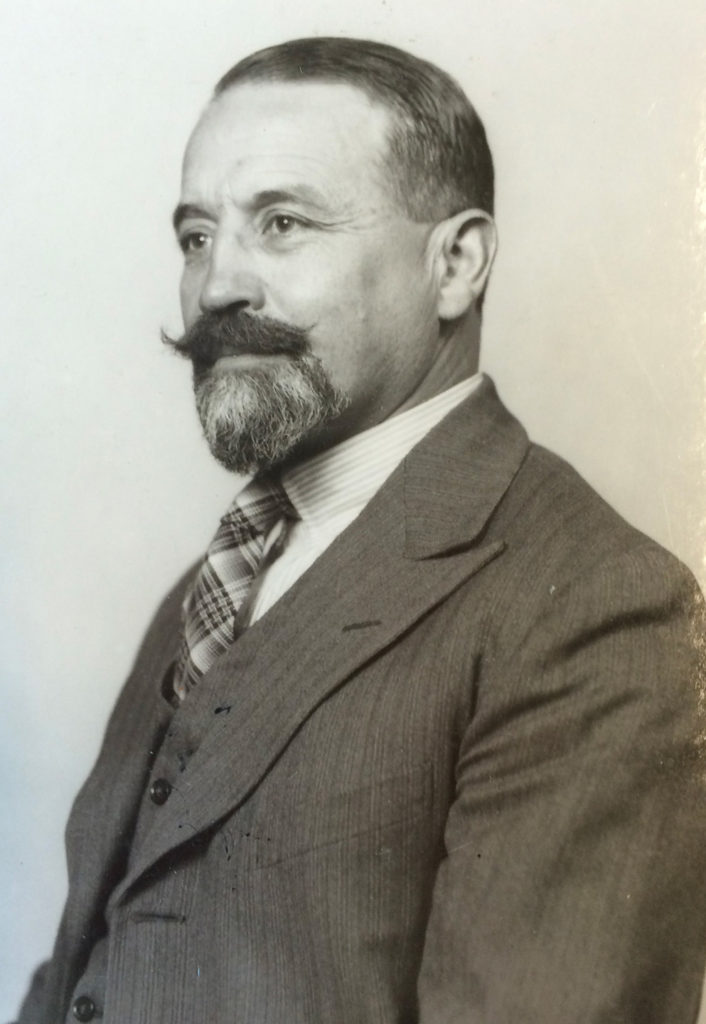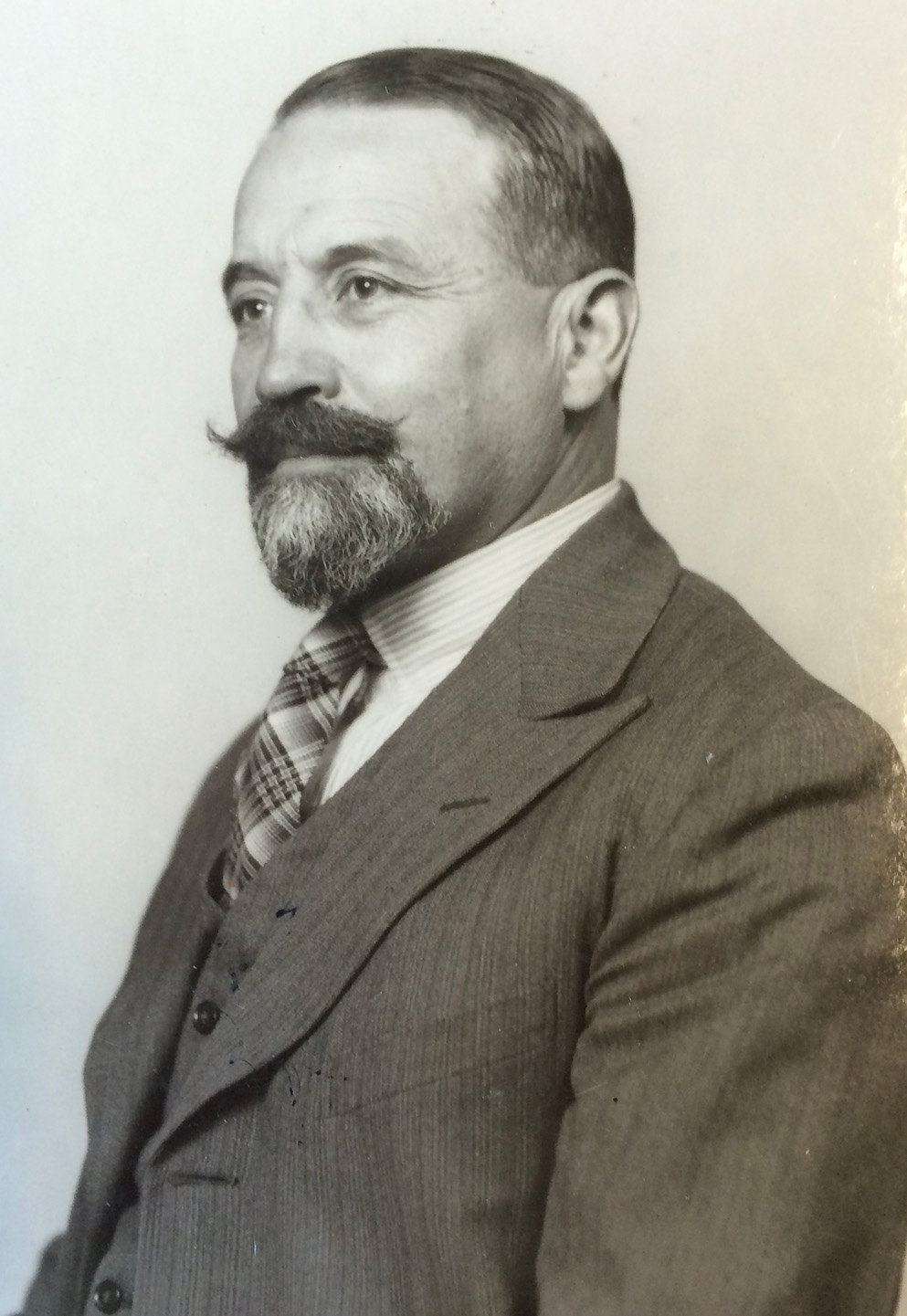As I discovered when I went to look up the meaning of ‘thobbery’, after encountering it in Dyason’ writing, the word seems to have come back into use after disappearing for the best part of a century. Its revival now, at a time when it is increasingly difficult to distinguish the true from the false in the public discussion of significant issues is not surprising.
Dyason found ‘thobbery’ in Henshaw Ward’s book, Builders of Delusion: A Tour Among Our Best Minds, published in London in 1931. Ward was responding to circumstances similar to those prevailing today, when public discussion resembled a ‘kaleidoscope of jangling facts’, amusing to those who knew how frequently nonsense and mythology ‘are flashed from high places upon a dazzled world’ but concerning for those who assumed that reasoning ‘must be sensible’. For Ward, the model for ‘sensible’ reasoning was science and the ‘key’ to it was verification. Thobbery, on the other hand, was ‘the confident reasoning of a person who is not curious about verifying his result’.
Dyason read Henshaw’s book and referred to it in his presidential address to the Economic Society in 1939. His topic was ‘The Changing Economy of the Orient’, the industrialisation of the economies of Japan and China. At this point his confidence in the scientific nature of Economics had been shaken; during the Depression in Australia he observed political ‘faiths’ prevailing over ‘rational’ economic prescription, and his personal investigations in Communist Russia and Fascist Italy reinforced his realisation of the close relationship between ‘economic and political forms’. He had concluded that there was no categorical answer to the question, is Economics a science? It was ‘a mixture of mathematics, tested experience and … Thobbery’. He found hope, however in Einstein’s general theory of relativity which had been verified in 1919. His reading and his inclinations in 1939, led him to believe that its effect on ‘life in general and on Economics in particular, is likely to be as profound as it has been on physics’.
His paper enlarged on this theme but without any definite conclusion. For those who wanted to ‘get their teeth into’ what they thought were ‘plain facts’, he circulated a summary with some of the relevant statistics and ‘such conclusions as seem permissible to serve as the basis for normal discussion if that is preferred’.
References
https://www.lbbonline.com/news/truth-in-advertising-in-a-platform-world
Ward found the word ‘thobbery’ in Effective Thinking by the American psychologist, Professor Joseph Jastrow, also published in 1931 University of Melbourne Archives, Edward Dyason Collection



